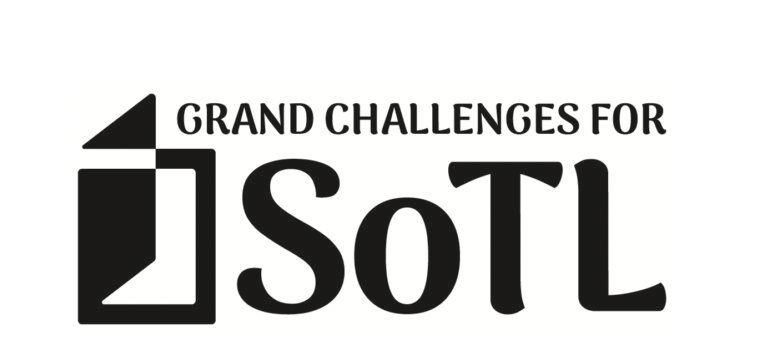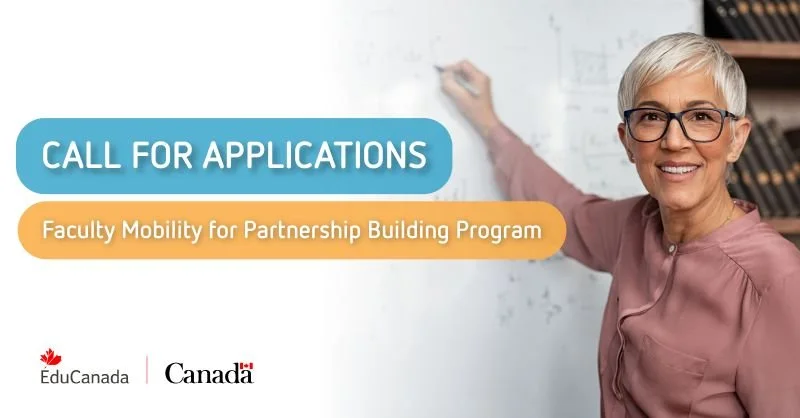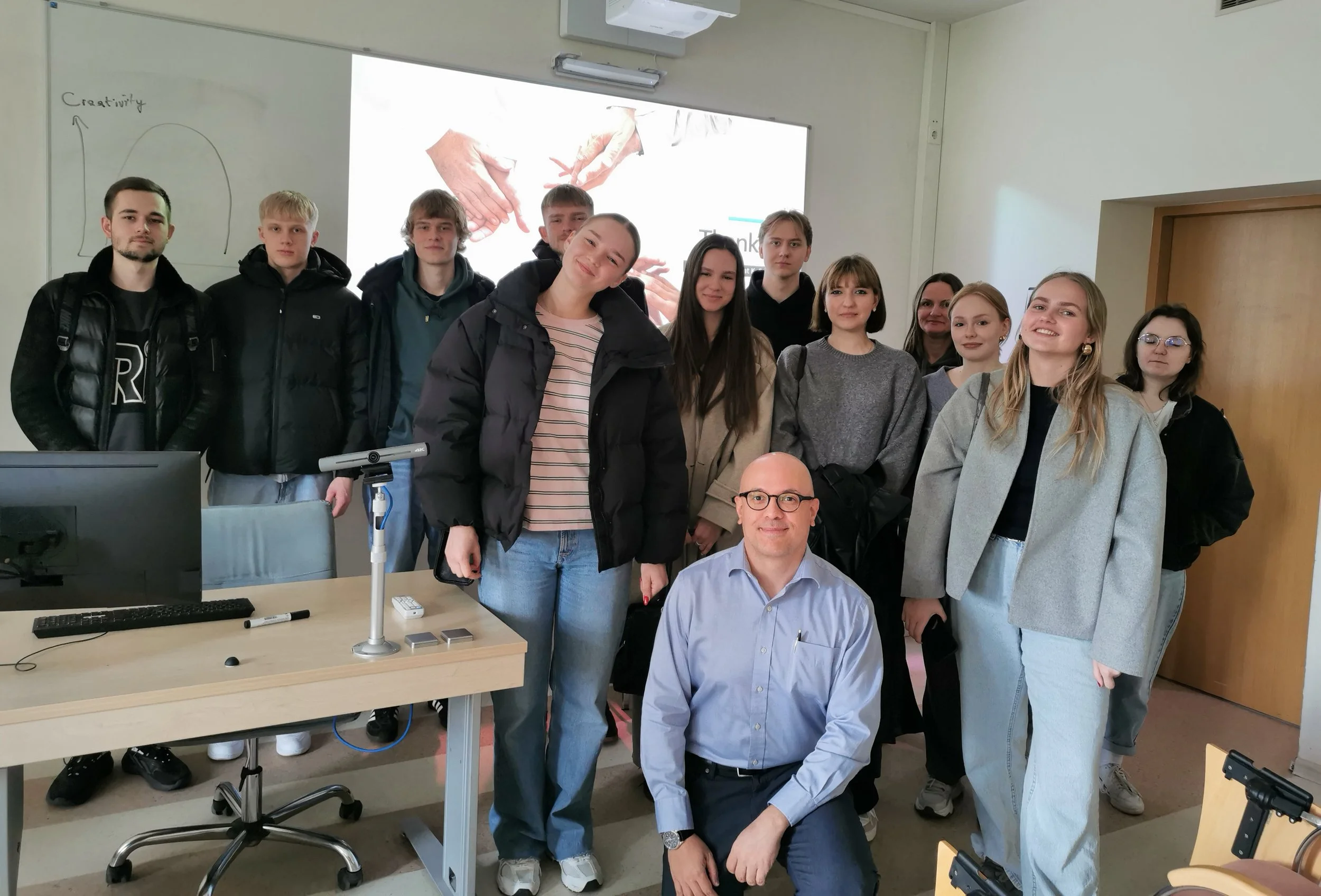Considerations for Academic Integrity When Designing Remote Assessments
When assessments such as exams, transition to a remote administration, options for direct supervision are affected. Faculty members are often concerned that this means students have an increased opportunity to assist or share information with each other, resulting in an unfair advantage or violation of academic integrity expectations. A compounding factor is the myriad of online platforms that provide (for a fee) services to students ranging from sample exam questions to facilitating contract cheating (having someone complete assessments on your behalf).
Cheating is not a new phenomenon, but due to the increased complexity involved, no single strategy or solution can guarantee academic integrity or prevent cheating. It is recommended that faculty or assessment designers consider a breadth of approaches that cover the following:
Clearly define academic integrity and the values which support it
Instilling a culture and norms of ethical and honest academic conduct among students
Anticipate, improve and/or remove factors that can lead to cheating among students, and
Design your assessment to make cheating more difficult or more intentional on the part of students.
-
Students may not always be aware of what constitutes cheating or a breach of academic integrity and may take advantage of situations where a lack of clarity occurs. Summarise institutional expectations highlighting how they apply to the specific context of your course, program, and discipline. Identify at what juncture, or in which contexts, collaboration constitutes a breach of academic integrity. Set out course expectations and refer to this consistently throughout the term, particularly in the lead-up to administering the assessment.
• Outline all information on how students will meet assessment criteria, including Academic Integrity. While this will be a section within your course syllabus it's recommended to also provide this information in a location students can easily reference during the term. For example, create a course file on assessment within your Brightspace course (review example provided in Studio Shared Resources)
• Provide direct links to Academic Reg. 18. Academic Integrity & Student Responsibility .
• Provide examples of work demonstrating academic integrity, discuss common academic misconduct examples.
• Provide opportunities to discuss issues surrounding academic integrity with students and outline values behind it concerning your discipline, your teaching philosophy, and research activity
• Provide an academic integrity checklist for your assessments. [e.g. Academic Integrity checklist & agreement available in Studio Shared Resources – Brightspace Course Resource
-
Students are much more likely to breach academic integrity if they believe that others are cheating. There may be assumptions that cheating is culturally acceptable or feel pressure to follow suit to keep abreast with peers. Students are important stakeholders when it comes to the impact of academic integrity, and can be important allies to establish cultural norms aligned with academic integrity:
• Keep the focus on promoting learning, not on avoiding cheating.
• Use a strategy such as an academic integrity pledge or honour code. [See Academic Integrity checklist & agreement, Studio Shared Resources]
• Build community within your course and involve your students in discussions on academic integrity
• Review scenarios with your class to clearly delineate differences between acceptable collaboration and what constitutes a breach of academic integrity
-
Adopt a learner-centred perspective on why cheating occurs and design assessment accordingly. Most importantly, where practicable. reduce or remove causes for anxiety or efficacy perceptions which may increase motivations for student/s to cheat.
• Provide opportunities for students to learn the technology to reduce their anxiety before a test or project is due
• Use short-form wrappers which prompt students to reflect on their study and learning practice to foster metacognition and develop time management strategies.
• Break high stakes assessments into a series of mid or low stakes assessments and provide feedback in time to guide students towards behaviours that lead to success within the timeframe of the term.
• Use diverse assessment types to provide a variety of opportunities for students to demonstrate their learning.
-
Preventative measures can make cheating difficult for students or a more intentional act and therefore less likely to occur.
• Use features within the platform (Brightspace or Crowdmark) when creating your assessment, for example:
o question banks with questions randomly assigned to students
o use question logs to scrutinise the way students answered the questions (Brightspace, Crowdmark)
o option to upload digital scans of handwritten responses to ensure individual work
• Become familiar with students’ written work via discussion topics and other frequent small stakes assessments.
• Some faculty members or departments use platforms to check on whether student work is original or contains plagiarised material. In some cases, students are encouraged to check their own work on these platforms prior to submission.
• Written exams designed for face-to-face proctored environments do not always translate to online environments. Consider alternative assessment approaches to measure learning, such as open book exam, case studies, critical reflections etc. [authentic and alternative assessment]
Use of remote or video proctoring
Saint Mary’s Senate has updated the Policy on Final Examinations [revised Oct 2021[1]] in respect to invigilation of online exams as follows:
If faculty are planning to hold online invigilated exams, requiring students to have their cameras turned on, notice must be provided in the Course Syllabus alerting students that this is the format that will be used. No recording or screen shots of students writing exams may be taken without the explicit consent of students. Consideration should be given for students who do not have webcams, lose internet, experience a power outage, etc.
Source: https://www.smu.ca/webfiles/8-1016_SenatePolicyonFinalExaminations.pdf
Third Party Platforms
Some third-party platforms claim to offer students course support, but they actually offer access to a wide range of resources, some of which are ethical, but many are not. Some services are available via subscriptions, but there is also fee for service options. Resources include access to sample (or actual) exam questions and answers. The provision of one-on-one support or services, often referred to as mentoring or tutoring, can quickly become dishonest and unethical. Resulting in instances of contract cheating, unethical tutoring arrangements, and paper mill arrangements. Many of these companies aggressively market their services to students especially at key points in the semester where high stakes assessment is likely to occur.
Sometimes course content and faculty intellectual property can be posted and shared via these platforms without permission and in breach of copyright. Faculty are encouraged to keep a watchful eye on these platforms and ask your students to inform you if they become aware of any instances where this has occurred. These platforms provide mechanisms to request the removal of any copyright protected content. The Studio is available to provide advice and support in the event that content or intellectual property is posted without your permission.
Support for Designing Authentic Assessments
Alternative Assessment often provides an opportunity to measure learning and ability that is not always covered by traditional assessment forms. Alternative Assessment will typically incorporate requirements for students to demonstrate their ability to apply knowledge in a process-orientated manner, and may feature any of the following:
Incorporate authentic or ‘real world’ learning experiences.
Break into multiple stages and provide formative feedback to students so they can modify behavior to improve performance.
Provide the opportunity to use knowledge in an exploratory or investigative manner.
Additional Support
For more information or to arrange a consultation with an educational developer contact The Studio.





























